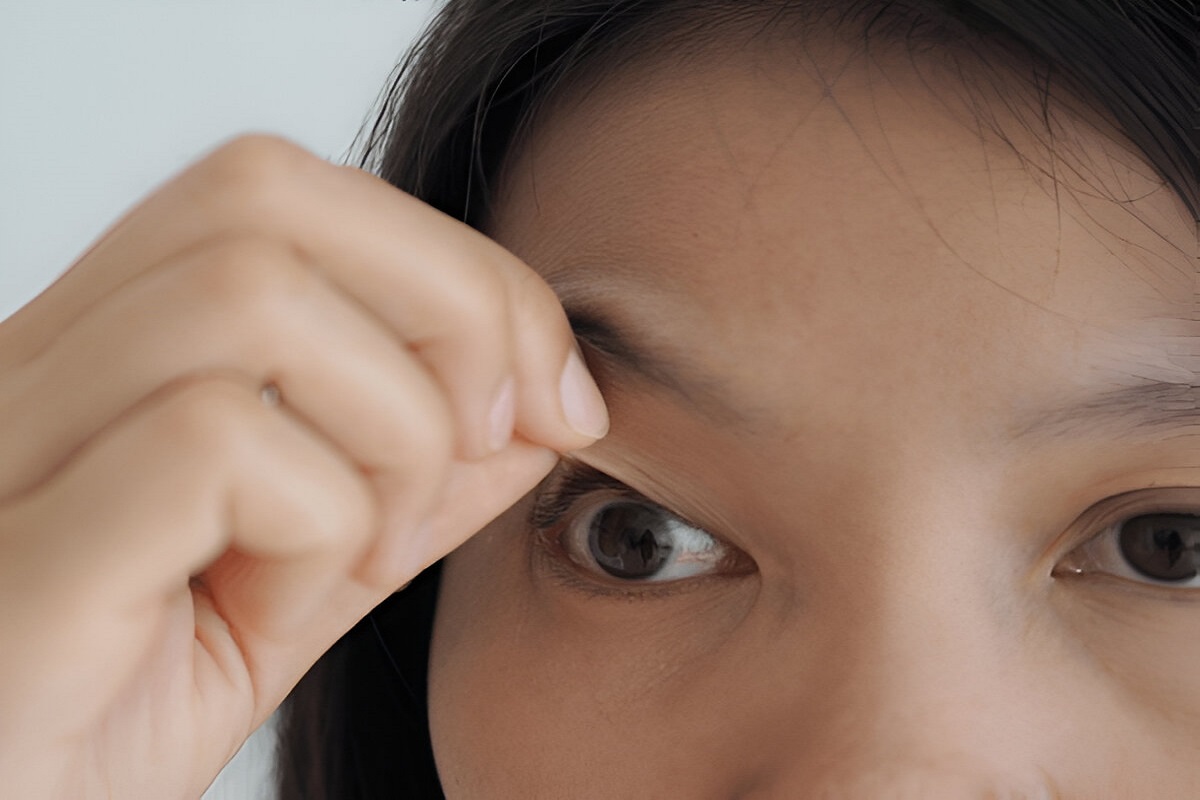Ever looked in the mirror and noticed more of the white part of your eye showing than usual—especially above or below your iris? That could be a sign your eyes are bulging out of their normal position, a condition known as exophthalmos. While it might sound alarming, bulging eyes aren’t a disease by themselves. Instead, they’re often a symptom of something deeper going on. Let’s break down what causes bulging eyes, the warning signs, and what to do if it happens to you.
What Exactly Is Eye Bulging?
In healthy eyes, you typically don’t see white space above or below the iris unless you’re looking in a certain direction. But when the eyes protrude even when you’re looking straight ahead, that could be a medical concern. The medical term for this is exophthalmos (also called proptosis)—a condition affecting roughly 1 in 4,000 people. Whether it’s one eye bulging or both, it’s a sign that something in your eye or body needs attention.
Most Common Causes of Bulging Eyes
The most common cause of eye bulge is thyroid eye disease, typically linked to Graves’ disease, a form of hyperthyroidism. When your thyroid is overactive, it can cause the tissues and muscles around your eyes to swell, pushing the eyeballs forward.
Symptoms of Thyroid Eye Disease May Include:
- Dry or painful eyes
- Irritation or redness
- Blurred or double vision
- Sensitivity to light
- Watery eyes
- Pressure behind or around the eyes
- Difficulty moving the eyes
Thyroid-related bulging eyes disease can take several months—or even years—to develop. However, there are other exophthalmos causes you should be aware of.
Other Possible Causes of Bulging Eyes:
- Hypothyroidism
- Eye injuries (especially with bleeding behind the eyeball)
- Eye infections
- Neuroblastoma or hemangioma (especially in children)
- Lymphoma or leukemia Connective tissue diseases
- Tumors behind or around the eyes
If only one eye is bulging and the change is sudden, this could be a medical emergency. Seek care immediately.
What Should You Do If You Notice Bulging Eyes?
The first step is not to panic—but also, don’t ignore it. Sudden changes, especially in one eye, require urgent care. Otherwise, schedule an appointment with your primary doctor and an eye specialist to assess what’s happening. During your exam, your provider will likely ask about your health history, symptoms, and any past eye trauma or thyroid conditions.
How Bulging Eyes Can Affect Your Vision
Left untreated, eye bulging can lead to serious issues like:
- Corneal dryness
- Inflammation of the eye tissue
- Dry eye syndrome, where the eye doesn’t produce enough quality tears
Because bulging eyes can prevent the lids from fully closing, it often results in poor eye lubrication. That’s why many patients also experience dry eye pain, burning, or irritation.
How The Eyes on Group Can Help
At The Eyes on Group, our clinics in Lincoln, Cranston, Worcester, and Randolph specialize in diagnosing and treating complex eye conditions like exophthalmos. Our team offers tailored solutions to ease discomfort and protect your vision. We also provide personalized dry eye pain treatment plans to help manage dryness and related symptoms caused by bulging eyes.
Frequently Asked Questions
What is dry eye syndrome?
Dry eye syndrome (DES) is a condition where your eyes don’t stay lubricated due to poor tear production or quality. It can cause irritation, redness, sensitivity to light, blurred vision, and discomfort. DES is often linked to other eye conditions, including bulging eyes.
Can dry eyes cause long-term damage?
Yes. If not treated, dry eyes can lead to corneal ulcers or infections, which may cause permanent vision loss. If your eyes feel dry, gritty, or irritated often, it’s time to speak to a specialist.
Book Your Eye Care Appointment Today
Don’t ignore changes in your eye shape or vision. Whether you’re in Lincoln, Cranston, Worcester, or Randolph, our trusted team at The Eyes on Group is here to help. Request your appointment today and let our experts guide you toward better eye health.
